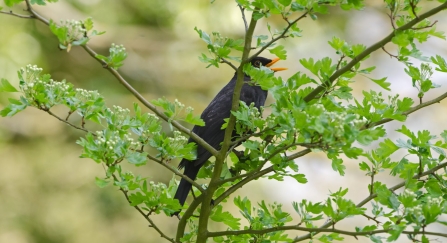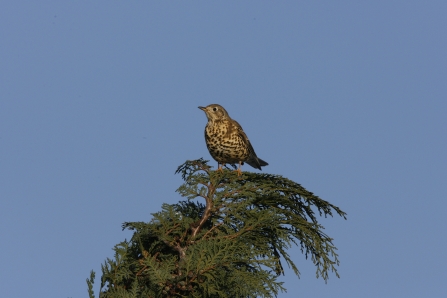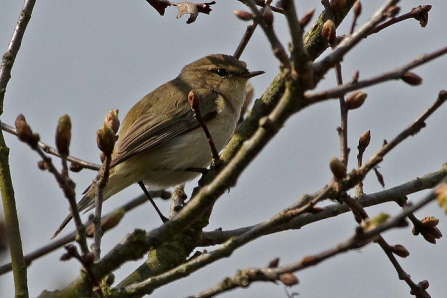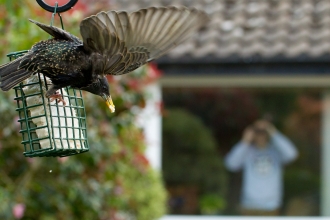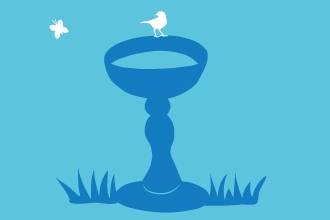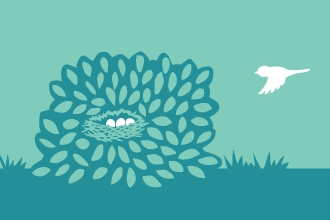Every first Sunday in May, wildlife-lovers celebrate International Dawn Chorus Day. This annual event celebrates one of the oldest wake-up calls, the dawn chorus, and the beauty of birdsong.
It’s vibrant and uplifting: it’s powerful and it’s melodic and it happens as most of us are asleep. The dawn chorus (or “hymn to the dawn”) is one of nature’s great wonders and it’s free!
Experiencing the dawn chorus is truly a unique and rewarding experience; well worth the early rise. At a time when many people are feeling anxious and uncertain about what the future may bring, can there be better therapy than bird song?
No two dawn choruses are the same so one of the delights is to list the order in which species first begin to sing. The times at which birds ‘rise’ are related to their feeding behaviour and the amount of light in the sky.


